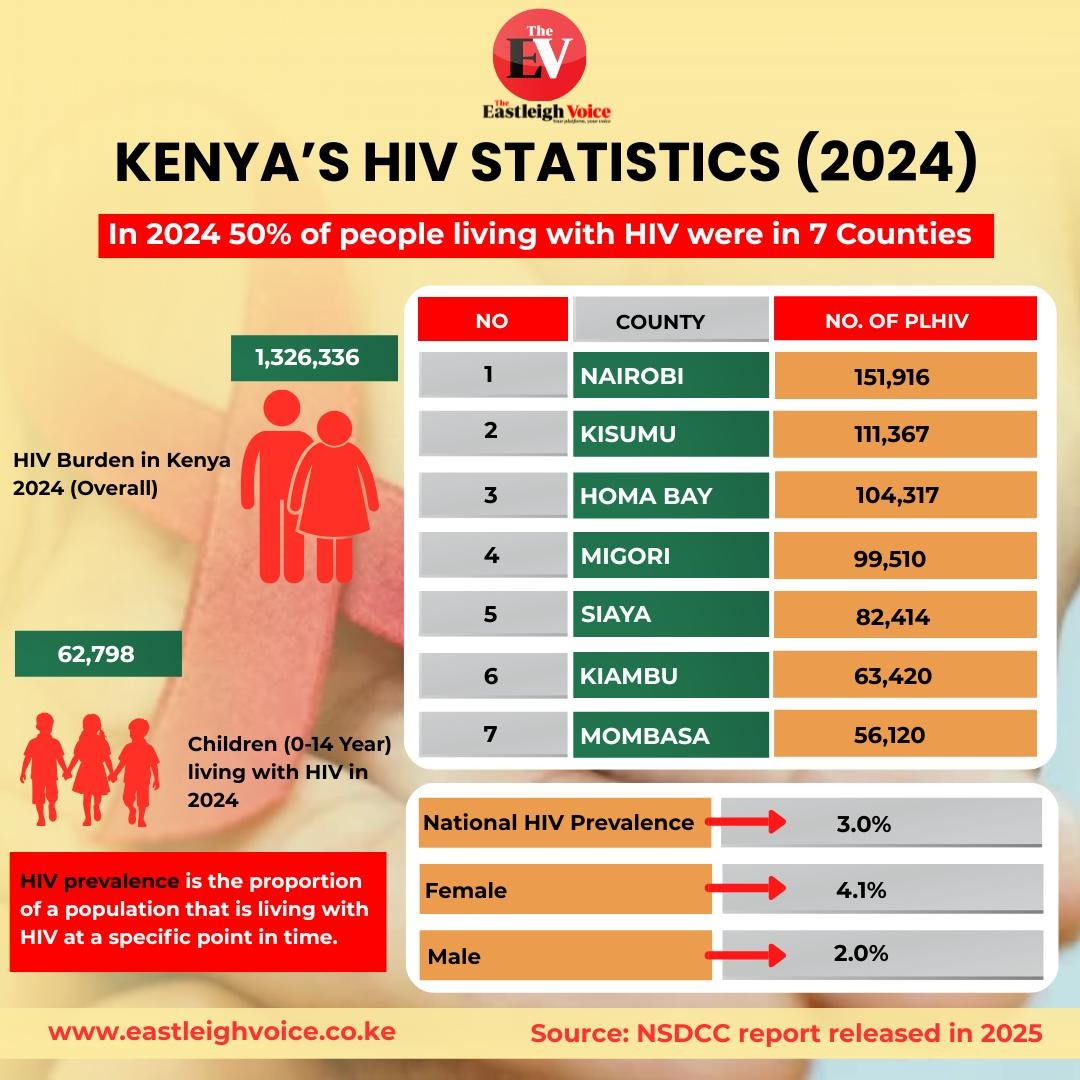Boom of side hustles: Why Kenyans are turning to alternative income streams

Kenyans are also known for their entrepreneurial mindset, and many are leveraging this to start small businesses. Side hustles offer freedom and flexibility, especially for stay-at-home parents, students, and professionals.
In Kenya, the hustle never stops. According to a recent survey, around 71 per cent of employed Kenyan youth reported having side businesses, proving that small-scale entrepreneurship is more than just a trend but a way of life.
The Geopoll survey which surveyed 749 Kenyans aged 18 to 35, highlighted the economic challenges many young people face despite their educational qualifications.
More To Read
- Private sector activities rise for the first time in five months in September
- Nyota programme: Sh5 billion Youth Fund now operational to boost enterprise
- How forged academic papers are helping fraudsters secure top government jobs — EACC
- Africa lags in green jobs boom, holds just 2 per cent of the global sum
- Graduated, now what? Survey of young Africans shows degrees don’t always land them a job
- Telecom jobs fall even as subscribers and revenues rise
From online gigs (writing, sales, content creation, and gaming) to agribusiness, young Kenyans are redefining financial independence.
But what is driving this trend? According to George Kirui, a 42-year-old banker, he started his shopkeeping business as a side hustle due to job uncertainty.
"I have been in the banking industry for over 17 years, progressing from a teller to a branch manager, but I can confidently say that the journey has been challenging," Kirui told Eastleigh Voice on Wednesday.
"I have watched many colleagues receive their termination letters in the process, and due to this job uncertainty, I opened a local kiosk in my home area—just in case."
Kirui said that was not his only side hustle. Due to his love for culinary arts, he also started selling fresh juice at his local church on Sundays after the service.
"When I started viewing my day job as a source of inspiration and insight rather than an obstacle to my side hustle, my life felt more coherent and less draining."
For Kirui, launching his side business at 38 may have been long overdue, but as they say, "better late than never," right?
Kenyans are also known for their entrepreneurial mindset, and many are leveraging this to start small businesses. Side hustles offer freedom and flexibility, especially for stay-at-home parents, students, and professionals.
With the rising cost of essential goods, services, and basic needs, it has become increasingly difficult for households to depend on a single salary.
Brian Wahinya, a renowned Kenyan rugby player, says high taxation drove him to start his side business.
"For me, rugby is more than just a sport; it is a passion and a career. But with the rising costs and heavy taxation, I had to find alternative sources of income."
Wahinya turned to selling training shoes online after struggling with financial strain caused by taxation.
"After taxes, I realised I was not left with much to sustain myself and my family. I had to look for another way to earn a living," Wahinya explains.
He sources the shoes from local and international vendors, ensuring they meet the durability and comfort needs of players.
What started as a small hustle—selling to teammates—grew into a fully-fledged business, with customers reaching out through Instagram, WhatsApp, and referrals.
Moreover, the rise of social media, e-commerce, and online freelancing platforms has made it easier to earn money from anywhere. As long as you have a laptop or phone and a good internet connection, you are set.
Others are using Instagram, WhatsApp, Facebook, and TikTok to sell products such as clothes, home décor, food, household essentials, and kitchenware.
Those who do not sell products are monetising their skills and services.
Content creators have opportunities to earn through brand deals and advertisements.
Organic farming and supplying fresh produce to urban areas are also in high demand, leading to a rise in small-scale farming in poultry, vegetables, fruits, and dairy.
Side hustles have become a lifeline for many Kenyans, each having their own reasons while offering financial security and the potential for long-term entrepreneurship.
With more people exploring alternative income streams, success in a side hustle depends on key factors such as time management, capital, avoiding scams, and navigating market competition.
Top Stories Today














































